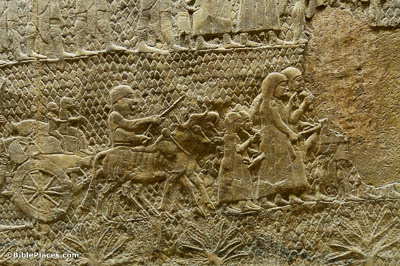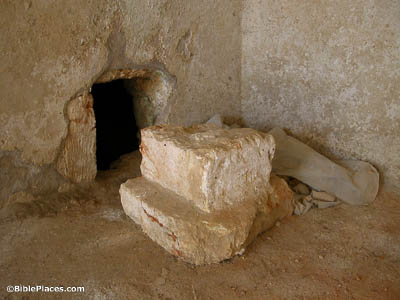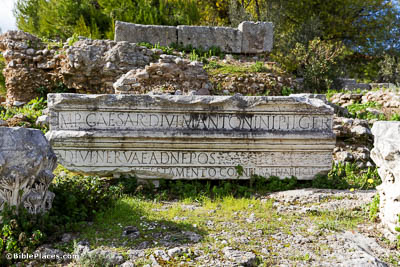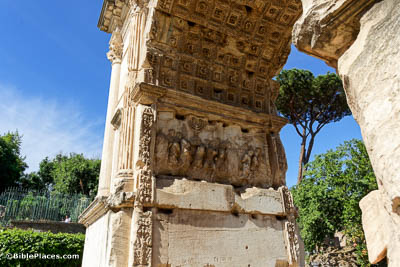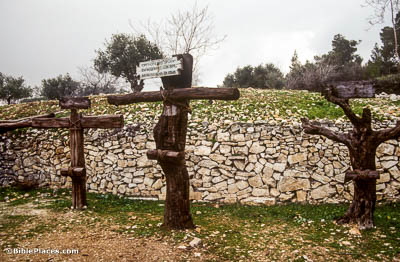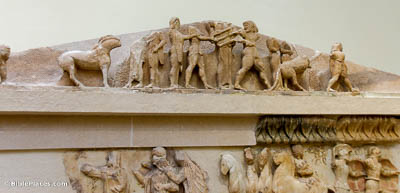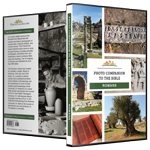Seeking to establish their own [righteousness], they did not submit to the righteousness of God (Romans 10:3).
The defeat and exile at the hands of the Assyrians and Babylonians was the culmination of Israel’s failure to obey God. Israel’s failure pointed back to Adam’s failure in the Garden (e.g., Hos 6:7). Thus, Israel’s exile was a microcosm of humanity’s failure to secure their own righteousness before God. The scene pictured here is from a relief that the Assyrian king Sennacherib commissioned to celebrate the defeat of Lachish in 701 BC. This portion of the relief shows Judahite families being led away into exile. This occurred shortly after the northern kingdom of Israel was exiled.
